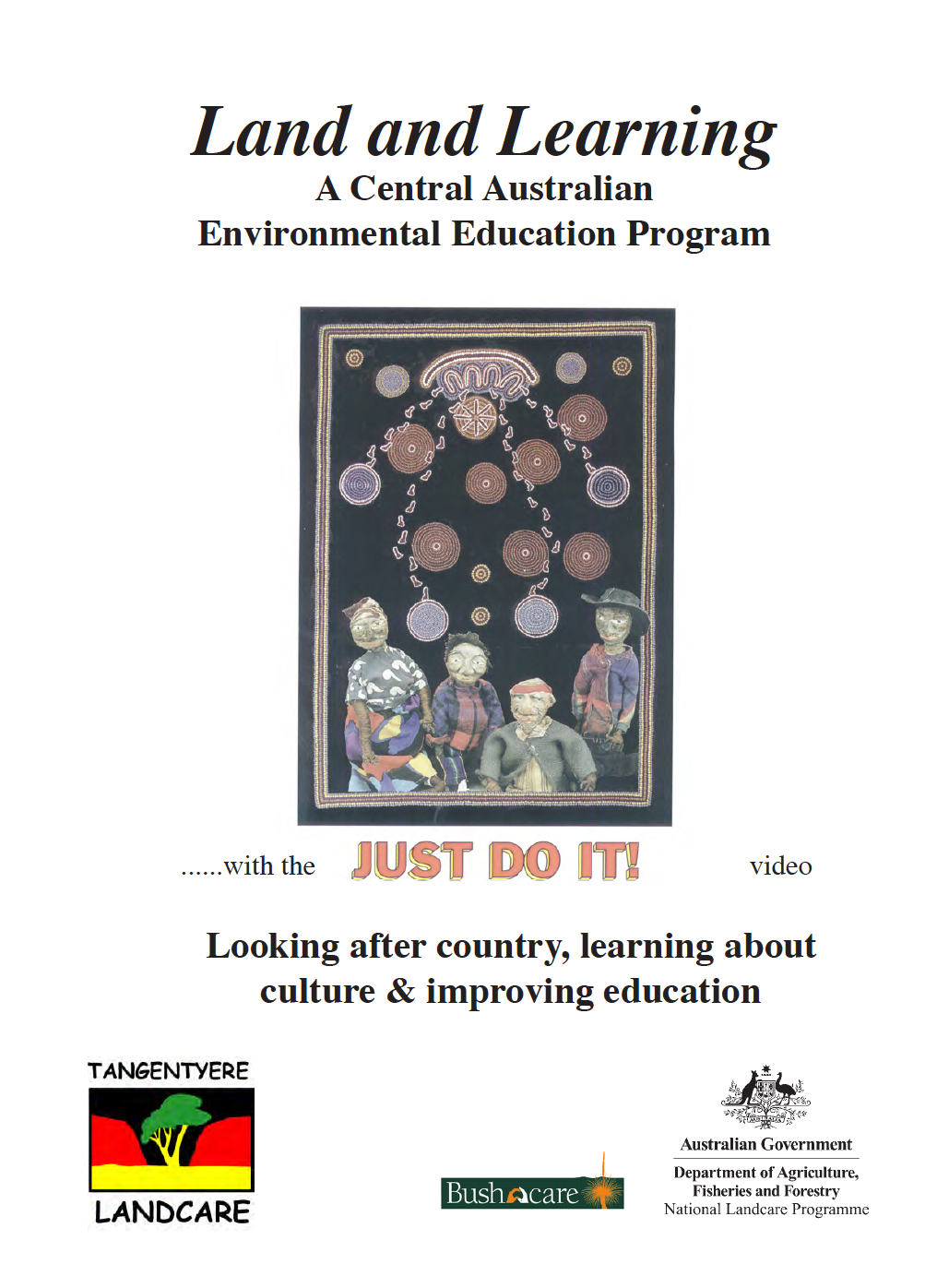Land and Learning Program
Looking after Country, learning about Culture
The Land and Learning project, a specialised initiative within Tangentyere Council, works directly with remote schools across Central Australia to deliver culturally grounded education. Through its dedicated project officers, this small but impactful program bridges traditional ecological knowledge with the NT Curriculum Framework, creating meaningful learning experiences that connect students to Country. By supporting teachers to blend local Indigenous knowledge with formal academic requirements, Land and Learning demonstrates how place-based education can enhance both cultural understanding and academic achievement. The project's practical approach allows schools to work with their local communities to develop appropriate cultural learning outcomes, while ensuring students build strong foundations in literacy, numeracy, and environmental understanding. Despite its modest size, this long-running program continues to show how deep connection to land can transform educational outcomes in remote Central Australian classrooms.
2
Staff
18
25
Schools
22
Fire & Water
Fire has always been important to people, plants and animals in the desert country. People have been burning this country for a long time..This book is not a burning manual. It is a resource for facilitating discussion about burning, and about the use of fire in land management. It is one step in the process of different land management groups and different land owners working together to better understand each other and the effects of fire in desert country.
Waterhole surveys are a fun way to introduce children to water animals, survey techniques and wetland issues. They can be adjusted to suit children from lower primary to secondary age. This book is an introduction to wetland issues and how to go about doing waterhole surveys with children in central Australian remote Aboriginal community schools. It is designed for use by schools, landcare agencies working with schools and Indigenous teacher-training organisations.


